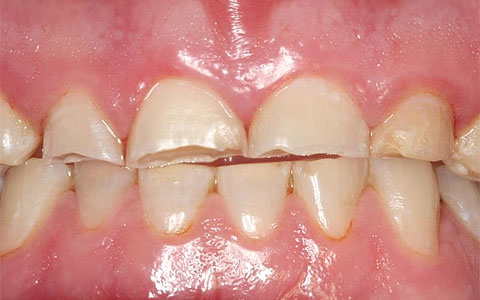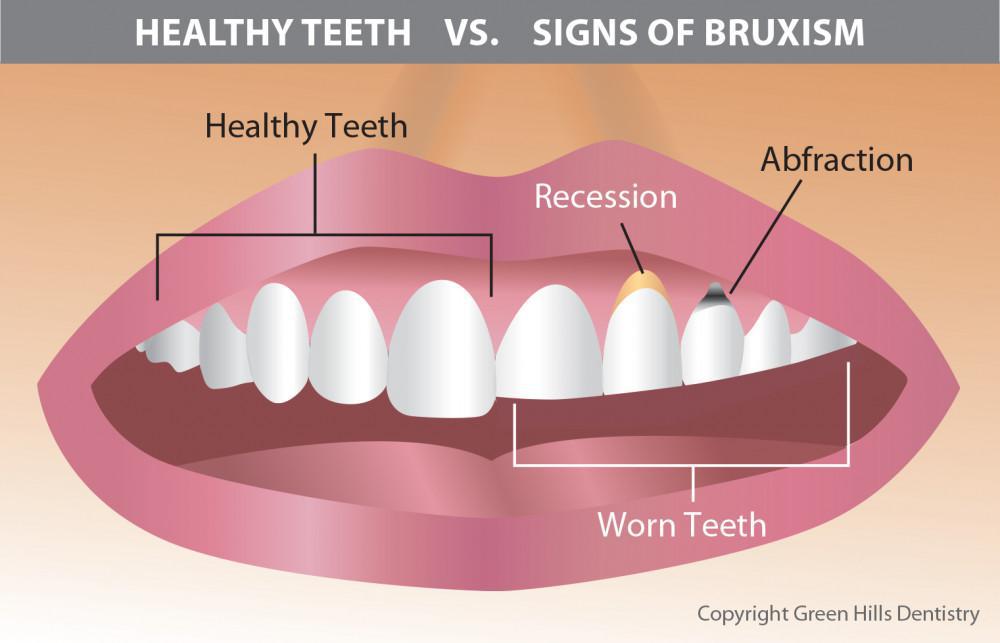

Dental care and grinding teeth, often referred to as bruxism, are closely linked. This article will explore the crucial role of dental care in protecting your smile at night from the detrimental effects of bruxism. Bruxism, or the unconscious clenching and grinding of teeth, can silently erode your teeth and wreak havoc on your jaw. Understanding the causes, symptoms, and preventative measures is key to safeguarding your oral health and preventing potential long-term damage. We’ll cover everything from the science behind teeth grinding to effective treatments and preventive measures, empowering you to take control of your dental health. This article is structured to offer comprehensive insights into this common yet often overlooked oral health concern.
Understanding Bruxism: A Silent Threat to Your Smile
What is Bruxism?
Bruxism is the unconscious clenching and grinding of teeth, often occurring during sleep. While it’s a common condition affecting millions worldwide, the long-term impact can severely affect the structure and health of the teeth and surrounding jaw muscles. The constant pressure from teeth grinding can lead to various dental problems, including chipped or fractured teeth, worn enamel, and temporomandibular joint (TMJ) disorders. Often, individuals are unaware of the nightly grinding occurring, underscoring the need for early detection and intervention. The damaging effects can range from cosmetic concerns like chipped teeth to more severe conditions necessitating extensive dental care.
Common Symptoms and Recognition
Identifying the signs of bruxism can be challenging, as symptoms can be subtle or even go unnoticed for years. Common symptoms include morning headaches, jaw pain, a sore jaw, clicking or popping sounds in the jaw joint, teeth sensitivity, and an uncomfortable sensation in the mouth. Additionally, some individuals might experience teeth grinding during the day, potentially linked to stress or anxiety. Paying attention to these potential clues is vital to identifying the issue early, which allows for proactive treatment. Early detection can make a difference in preserving teeth structure and preventing more severe issues.
The Underlying Causes of Nighttime Teeth Grinding
Stress and Anxiety
A significant driver of bruxism is stress and anxiety. When under stress or tension, people often unconsciously tighten their jaw muscles, leading to the grinding of teeth. Anxiety and stress can manifest in various ways, including difficulty sleeping, which can lead to bruxism. Stress triggers can vary greatly among individuals and might involve personal or professional challenges. Finding healthy coping mechanisms for stress can be beneficial in managing bruxism.
Sleep Disorders and Habits
Sleep disorders like sleep apnea, a breathing disorder, can also cause teeth grinding. The inconsistent breathing patterns during sleep can trigger clenching and grinding habits. Specific sleep habits like mouth breathing can also contribute to nighttime teeth grinding, emphasizing the relationship between sleep and oral health. A consistent sleep schedule and a relaxing bedtime routine are often crucial in minimizing the likelihood of teeth grinding.
Effective Strategies for Bruxism Management
Mouthguards: A Protective Barrier
Mouthguards, commonly known as nightguards, are a crucial component of bruxism management. These custom-fitted appliances act as a barrier between teeth, preventing them from grinding against each other. Studies have shown that mouthguards are highly effective in mitigating the impact of teeth grinding, thereby reducing the potential for damage to the teeth, jaw, and surrounding tissues. Mouthguards effectively offer a protective shield against nocturnal teeth grinding.
Lifestyle Adjustments and Stress Management
Lifestyle adjustments play a vital role in managing bruxism. Techniques like stress-reducing exercises and practices such as yoga and meditation can make a significant difference in managing the anxieties and stress that often contribute to grinding teeth. Creating a consistent sleep schedule and ensuring a relaxing bedtime routine can help promote better sleep, reducing the likelihood of bruxism.
The Importance of Professional Dental Care
Comprehensive Dental Checkups
Regular dental checkups are crucial in identifying potential signs of bruxism. Dentists can detect damage to teeth and jaw, and identify potential causes. Regular visits enable early diagnosis, allowing dentists to recommend tailored solutions for bruxism, often including custom-made mouthguards for protection. Prevention is better than cure when it comes to dental care and teeth grinding.
Professional Advice and Treatment Options
Don’t hesitate to consult with your dentist about any concerns regarding bruxism. The dentist can offer personalized advice and treatment options. Whether it’s recommending a nightguard or addressing potential underlying medical conditions, a professional approach is key to long-term oral health.
Advanced Techniques in Bruxism Treatment
Advanced Dental Techniques
Advanced dental techniques are being used to manage bruxism and other related jaw conditions. Dentists are looking into the use of dental splints, which provide a protective layer between teeth, to prevent damaging grinding. Some dentists may use therapeutic methods to help relax jaw muscles and reduce stress, which can contribute to bruxism.
Psychological Counselling and Relaxation Techniques
In severe cases, where stress or anxiety is a major factor, psychological counseling and relaxation techniques can complement traditional dental approaches. These techniques can help manage the root cause, offering holistic support for bruxism and better overall well-being.
Frequently Asked Questions
What is the best way to stop teeth grinding at night?
The most effective method is typically a custom-fitted mouthguard. These appliances provide a protective barrier between your teeth, preventing them from grinding and potentially damaging enamel. In addition to a mouthguard, stress management techniques and ensuring adequate sleep hygiene can help to reduce or eliminate the habit. Addressing any underlying sleep disorders with a doctor is also a recommended step.
What are the long-term effects of grinding teeth?
Long-term grinding can result in numerous effects, including chipped or fractured teeth, worn enamel, and temporomandibular joint (TMJ) disorders. These complications can lead to pain, discomfort, and potentially necessitate extensive dental procedures. Understanding and addressing bruxism early is important to prevent the escalation of these issues.
In conclusion, protecting your smile from grinding teeth, or bruxism, is crucial for maintaining long-term dental health. By understanding the causes, recognizing the symptoms, and implementing proactive strategies like wearing a mouthguard, you can significantly reduce the risks and keep your teeth healthy. Consider scheduling a consultation with your dentist for personalized advice and treatment options. They can also provide guidance on managing stress, a significant factor in bruxism, to further improve your overall well-being. By taking these steps, you can safeguard your smile and enjoy a healthier, more comfortable night’s sleep.